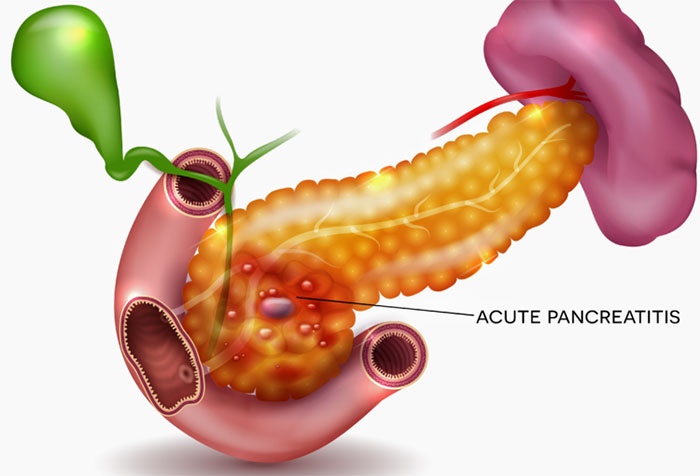E-Mail: sarveshwarreddy131@gmail.com Call Us: +91-9967575529

Acute pancreatitis is a sudden inflammation of the pancreas, a vital organ responsible for producing enzymes that aid in digestion and hormones that regulate blood sugar levels. This condition can range from mild, self-limiting cases to severe, life-threatening episodes. The inflammation occurs when digestive enzymes are activated while still in the pancreas, leading to damage and inflammation of the pancreatic tissue. Symptoms typically include severe abdominal pain, nausea, vomiting, and fever. Diagnosis often involves blood tests showing elevated levels of pancreatic enzymes, as well as imaging studies like ultrasound or CT scans.
Treatment for acute pancreatitis typically involves hospitalization, where the primary goal is to allow the pancreas to rest and recover. This is achieved by fasting the patient (NPO status), providing intravenous fluids to prevent dehydration, and managing pain with analgesics. In cases where an infection is suspected, antibiotics may be prescribed. If gallstones are the cause, procedures like endoscopic retrograde cholangiopancreatography (ERCP) may be necessary to remove them. In severe cases, surgery or other interventions might be required to drain fluid collections or remove damaged tissue. Once the acute phase is managed, addressing the underlying cause, such as reducing alcohol consumption or treating hypertriglyceridemia, is crucial to prevent recurrence.